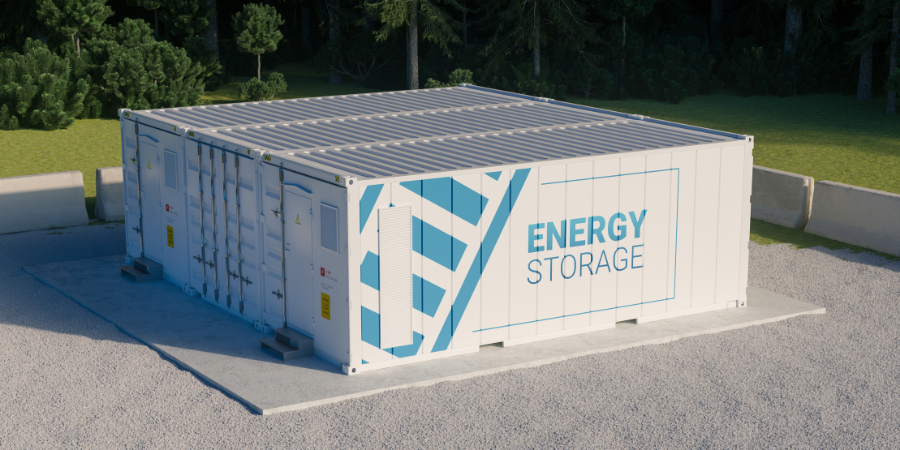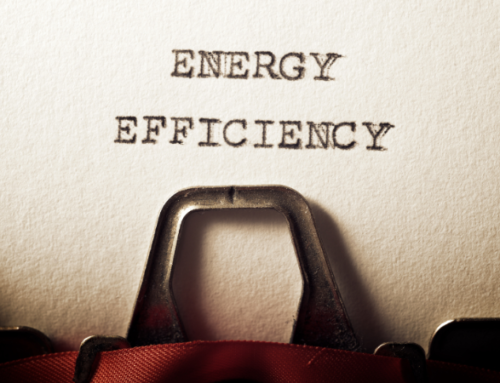Commercial energy storage is a game-changer in the modern energy landscape. This article aims to explore its growing significance, and how it can impact your energy strategy. We’re delving into how businesses are harnessing the power of energy storage systems to not only reduce costs but also increase energy efficiency and reliability. From battery technologies to innovative storage solutions, we will navigate the complexities and benefits of integrating energy storage into commercial operations.
What Is Energy Storage?
Energy storage refers to the capture and storage of energy. Energy storage systems play a critical role in balancing the supply and demand of energy, especially for intermittent renewable sources like wind and solar power. Energy storage technologies include batteries, pumped hydro storage, thermal storage, and others, each with its own specific advantages and benefits. Energy storage technologies are another factor contributing to a more reliable electrical grid.
The Different Types Of Energy Storage
There are several types of energy storage systems utilized by utility companies, industrial customers, and renewable energy operators. Let’s explore the details of each type of commercial energy storage system and its advantages below.
Battery Storage
The U.S. has about 10.6 GW of large-scale battery storage in its electrical grid, mainly managed by ISOs and RTOs for grid balancing. The largest installations are in the PJM grid, followed by California’s CAISO. These storage solutions primarily use lithium-ion batteries for short-term storage, averaging four hours, and utilized to balance supply and demand in real time. Lithium-ion batteries are expected to become more affordable over time and have more commercial applications. Alternative batteries like flow and solid-state batteries offer benefits for longer storage and safety but come with higher costs, making them more sparse in the market.
Pumped Hydro Storage
Pumped hydro storage is a method of storing energy in the form of gravitational potential energy. It involves two water reservoirs at different elevations. When there’s excess electricity, water is pumped from the lower to the upper reservoir. During periods of high electricity demand, water is released back to the lower reservoir, passing through turbines to generate electricity. This system is especially useful for balancing the electric grid during fluctuations in supply and demand.
Hydrogen Fuel Cells
Hydrogen fuel cells generate electricity by combining hydrogen with oxygen. They’re quiet, reliable, and eco-friendly. These cells can also produce hydrogen through electrolysis when electricity is cheap, storing it for later electricity generation. However, their widespread use is limited by high costs, as they require many expensive elements to construct.
Thermal Energy Storage
In thermal energy storage, materials like rocks, salt, and water are heated and stored in insulated areas. When energy is needed, cold water turns the stored heat into steam, which drives turbines to generate electricity. This method can also be used for heating and cooling buildings.
The Best Way To Store Large Amounts Of Electricity
The best way to store large amounts of electricity depends on various factors including the specific application, cost, and efficiency goals. Popular methods include pumped hydro storage, battery storage, and thermal energy storage. Each method has its advantages and disadvantages, and the choice often depends on the geographical, economic, and technical considerations of the end user.
What Are The Benefits Of Commercial Energy Storage?
There are several benefits for commercial and industrial customers to install energy storage systems at their facilities. Some of the advantages of commercial power storage include:
- Greater participation in demand response programs
- Ability to enhance an on-site solar array
- Peak load shaving in the Summer months to save on capacity costs
- Ability to dispatch stored energy during times of market volatility
- Shift power consumption to off-peak, lower-cost periods
The benefits of installing battery storage at your facility can be great; however, one must evaluate the total cost of ownership of an energy storage system to determine if it’s a good fit. Let’s explore the costs of energy storage in more detail.
Energy Storage Costs
Although energy storage systems seem attractive, their high costs prevent many businesses from purchasing and installing them. On average, a lithium ion battery system will cost approximately $130/kWh. When compared to the average price of electricity in the United States, this number is significantly higher. However, battery systems do not run at all hours of the day and are solely utilized for backup or to help reduce peak load during certain times of the day. In order to comprehensively evaluate the financial viability of a storage system, it is prudent to speak with an energy advisor or energy broker who can evaluate your options.
How Diversegy Can Help
At Diversegy, our team of energy experts has a vast amount of experience across the energy sector. From commodity trading and hedging to energy storage systems, we help our commercial energy customers navigate the complex world of commercial energy. If you are ready to begin exploring your commercial energy storage options, contact our team of advisors today.



